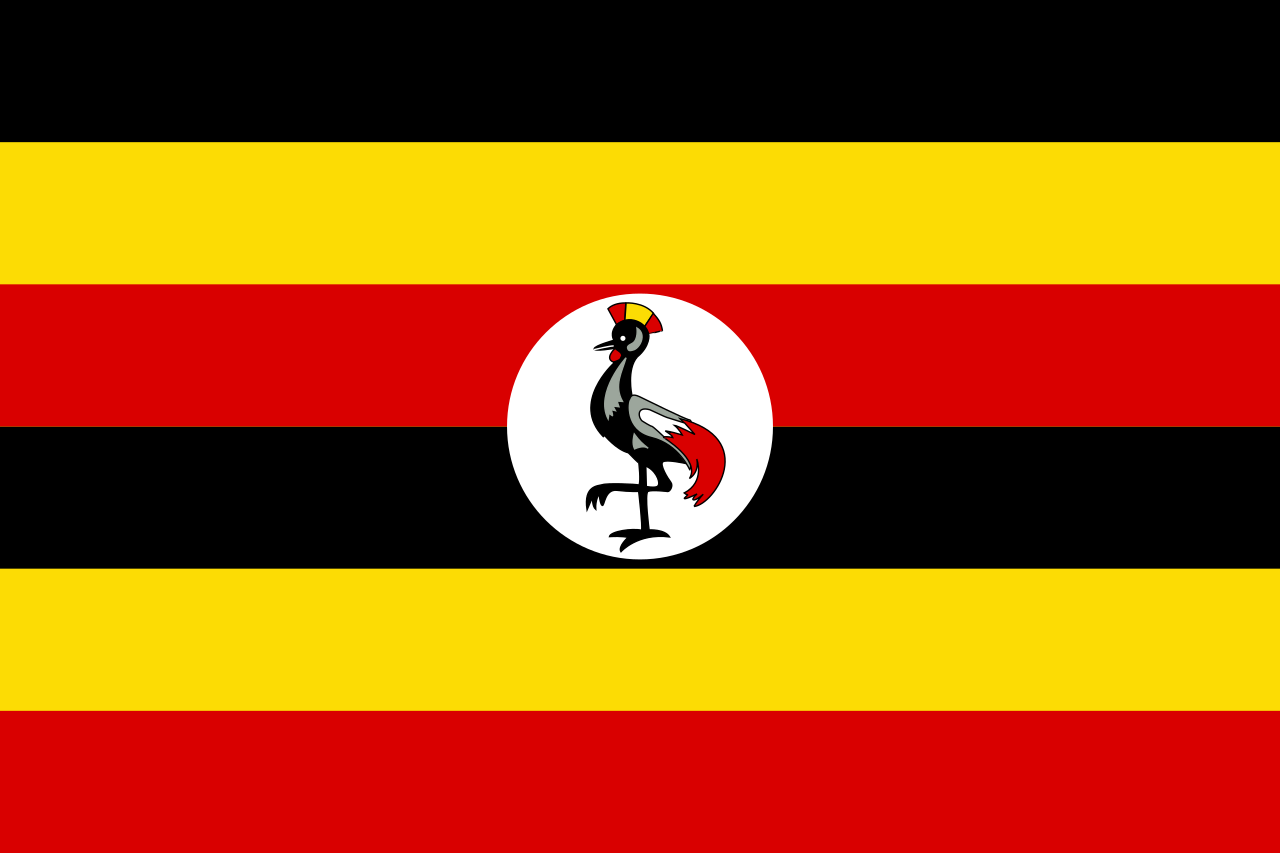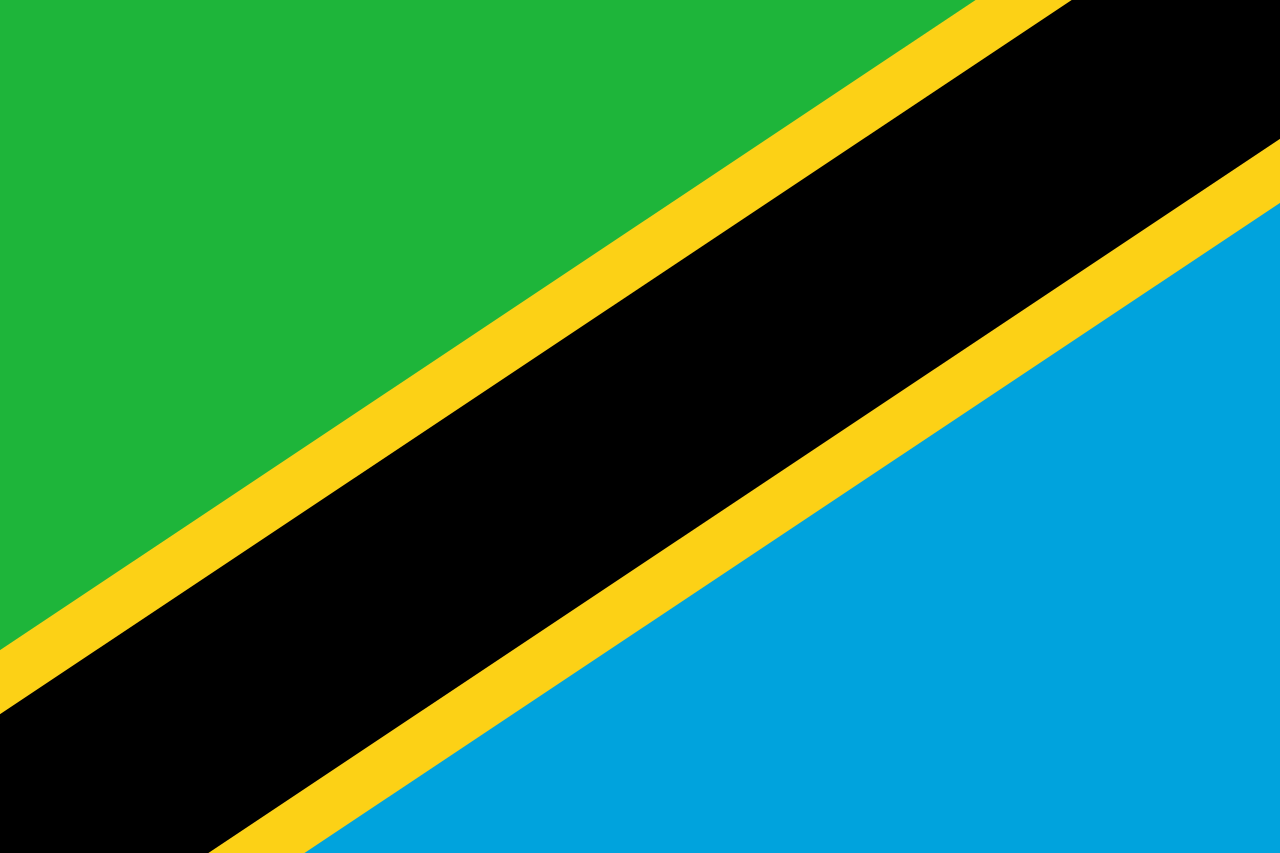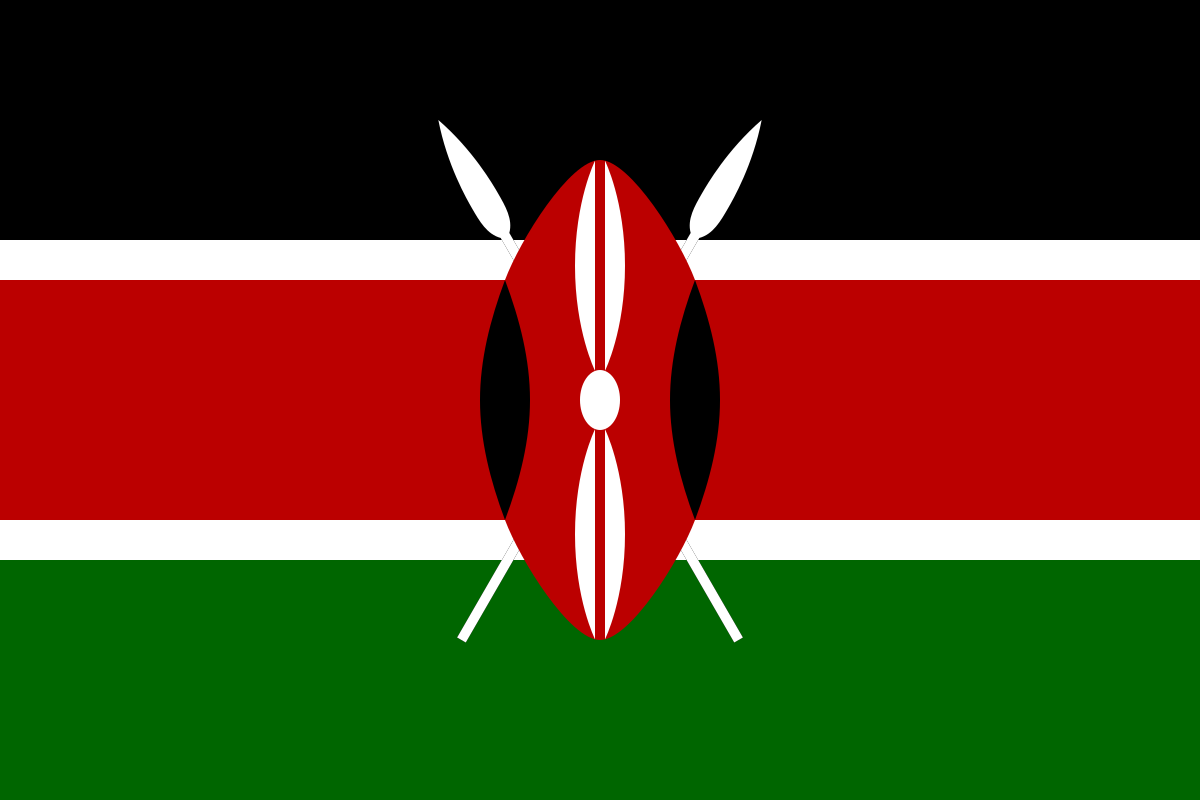Kiira Motors Corporation (KMC), Uganda's budding indigenous mobility enterprise has presented a Shs 524 billion proposed business investment budget for the FY 2024/25 to the parliament's presidential affairs committee.
“We are counting on guidance and support from the government to explore sustainable, timely and innovative funding for the corporation," Paul Isaac Musasizi, KMC chief executive officer told the committee on Friday.
Operationalized in 2018, the government fully owns KMC, and Makerere University with a shareholding of 96 per cent and 4 per cent respectively. The entity’s core business objective is to develop, make and sell sustainable mobility solutions (motor vehicles, parts, systems and services) in Africa.
Musasizi explained that KMC seeks to extend the value chain of material, harness the potential of innovative young people, substitute the importation of mobility solutions, and make the country a net source of e-mobility solutions.
The corporation’s five-year business plan already approved by the National Planning Authority (NPA) spans from 2023 to 2028 to progress the entity to cash flow positive status. Among the key cost drivers in the five-year plan include the construction, tooling and furnishing Kiira vehicle plant (KVP); parts and materials for plant commissioning; master store, human capital and capacity development, business development, and operating expenses.
Denis Onekalit Amere, Kitgum municipality Kiira Motors stands as Uganda’s premier and substantive entity with practical skilling capabilities for the present and future automotive industry workforce which legislators must support through adequate appropriation.
Committee chairperson Jesca Ababiku, also the Adjumani District Woman representative observed that building a native motor vehicle industry is consistent with Uganda’s aspirations and pathways to Vision 2040 outlined in the National Development Plan (NDP III).
In the current FY 2023/24, the corporation requires Shs 80 billion to operationalize the vehicle plant start-up facilities in Jinja and parts and materials to produce 30 buses to consolidate the production skills of the team on the newly installed production line and enhance consumer confidence.
But ministry of Finance, Planning, and Economic Development appropriated Shs 32.5 billion leaving a funding gap of Shs 99.5 billion. Currently, the overall funding gap for the corporation stands at Shs 134.14 billion. The government has so far capitalized the corporation to the tune of Shs 335 billion for the period between 2018 and 2023.
The entity with an ambitious target of producing 150,000 vehicles annually by 2030 currently employs 168 staff directly in the engineering, production, finance, administration, marketing and sales and will rise to 600 once the KVP is commissioned.
As of March 2024, construction of the vehicle plant start-up facilities is at 86 per cent completion and is projected to be ready for commissioning by October. Since its establishment, Kiira Motors has produced 16 buses at National Enterprise Corporation (NEC) Luweero Industries in Nakasongola which are on the road while 23 are on the production line. - URN/The Observer








